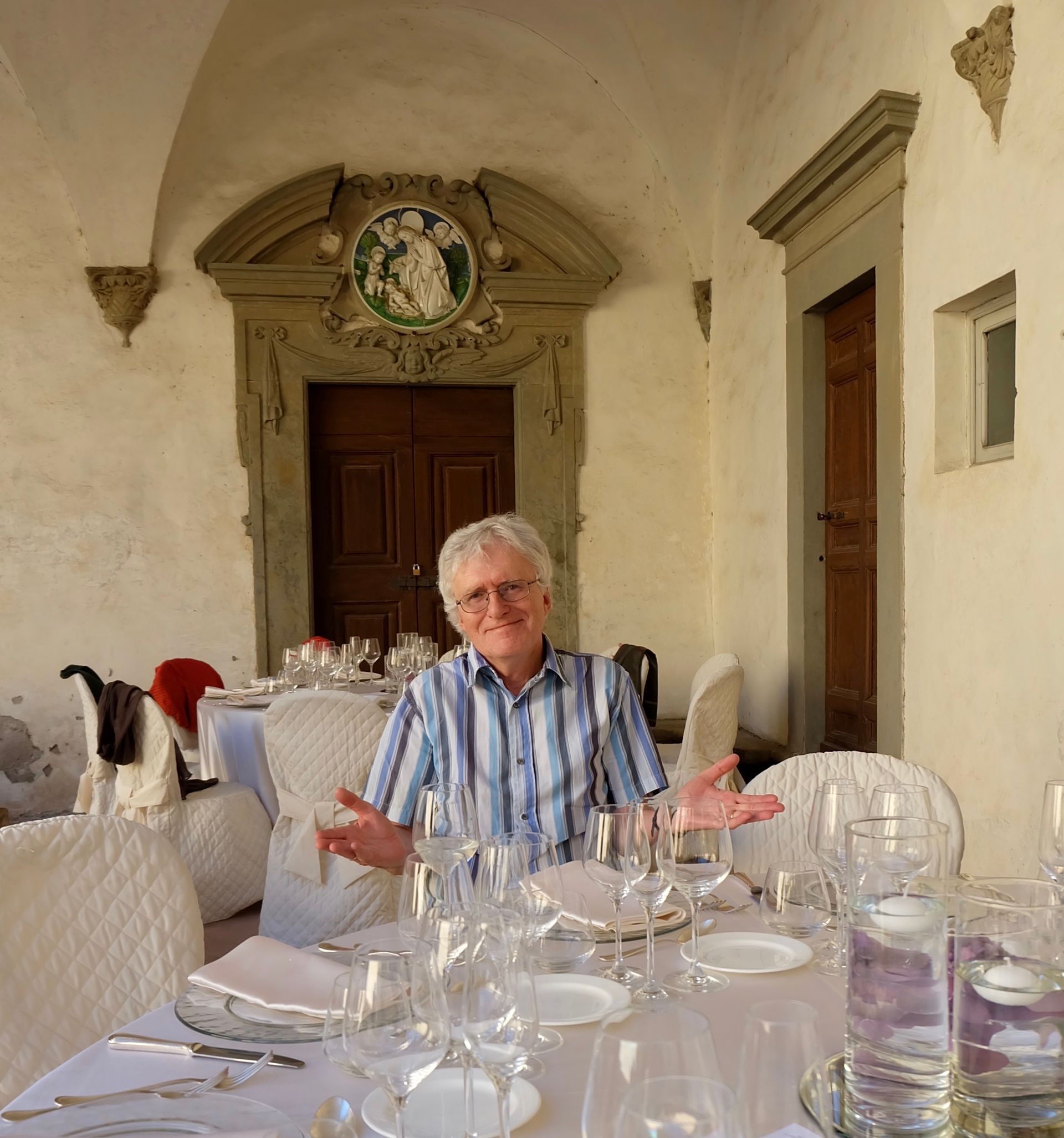Masterpiece: Italy’s new literary talent show
Brigid Maher La Trobe University
 While we often hear that Italians aren’t big readers, it seems the country is full of aspiring authors. This week saw the premiere on Rai 3 of Masterpiece
, billed as “il primo talent letterario al mondo”. The winner will have the chance to publish their book with Bompiani, in 100,000 copies, and this must have been a very appealing prospect to the country’s unpublished writers, because the producers received 5000 manuscripts from would-be contestants across the country.
While we often hear that Italians aren’t big readers, it seems the country is full of aspiring authors. This week saw the premiere on Rai 3 of Masterpiece
, billed as “il primo talent letterario al mondo”. The winner will have the chance to publish their book with Bompiani, in 100,000 copies, and this must have been a very appealing prospect to the country’s unpublished writers, because the producers received 5000 manuscripts from would-be contestants across the country.
La Giuria: De Cataldo, Selasi and De Carlo
The jury is comprised of three acclaimed novelists: Giancarlo De Cataldo, magistrate turned crime fiction writer, whose best-known work is Romanzo criminale , based on the real-life Banda della Magliana; Andrea De Carlo, prolific author of, among others, Treno di panna and Due di due ; and Taiye Selasi, a self-declared afropolita of Nigerian and Ghanaian heritage, author of Ghana Must Go . The contestants’ coach, providing advice and moral support, is writer-director Massimo Coppola, founder of the publishing house ISBN.
But will the program suffer from the usual problems of reality talent shows? Already, after just one episode, it’s starting to look a little formulaic.
The first episode presented ten budding authors who needed to be whittled down to just one finalist by the end of the 90 minutes. Andrea De Carlo carved out a spot as the “nasty” judge early on, when he wished aloud that there was a prize for worst book, as one particular young writer’s submission would be “un candidato molto forte”. Selasi came across as quite severe as well, while De Cataldo seemed a little gentler and more generous in his assessments.
Television is perhaps not the ideal medium for literature, and the initial cull seemed as much about personality as literary style, as the contestants were briefly interviewed by the judges. Those who got through this first stage represented the kind of variety of characters and personal background a reality television producer might hope for: a young man with a history of depression, a life-long factory worker, an unemployed ex-prisoner, and an atheist (male) virgin, a recovered anorexic, and a former runaway and street kid. While we got little more than a snapshot of what their writing was about, there was definitely a preponderance of autobiography, but there was at least one noir in there as well.
Soon the postmodern depressive was eliminated for being insufficiently “sincero” in his writing. The atheist virgin got the boot as well.
Those remaining had to go on a mind-opening day trip: two got sent to a centro sociale run by a priest called Don Rambo, where they talked to Roma women and witnessed a training session in the boxing ring. The other two spent their time at a dance hall for the elderly, who showed off their ballo liscio skills and reminisced about falling in love on the dance floor.
On their return, the contestants had thirty minutes to complete a compitino : respectively, a letter about their visit to the centro sociale , or a description of watching their own parents dancing in their younger days. The first of these tasks proved as uninspiring as it sounds, and those two contestants were promptly eliminated for writing banal responses to a banal question (this would be a familiar scenario to anyone who has ever inadvertently set a boring essay question). Judge Taiye Selasi was particularly disappointed by the performance of ex-anorexic Marta, who for her part was disappointed to have disappointed…
Sprinkled throughout all this edge-of-the-seat drama were the kind of personal reflections to camera that seem to be an inescapable aspect of reality television, as well as responses to the obligatory question, “Come ti senti?”
The two punters left standing then got the space of a 59-second elevator trip in central Turin (lovely views!) to pitch their novels to the red-lipsticked, large-earringed, raised-eyebrowed Bompiani representative Elisabetta Sgarbi (clearly typecast in the role of Intimidating Woman with Power). After acquitting themselves admirably, one was eliminated and one gets to undergo future tasks, tests, trials and tribulations, along with future finalists, no doubt carrying the program well into the new year.
I will no longer be in Italy to watch it all unfold, but perhaps we can hope that the program uncovers one or two great new literary talents, and that we will be reading and writing about their work in a year or two from now…









